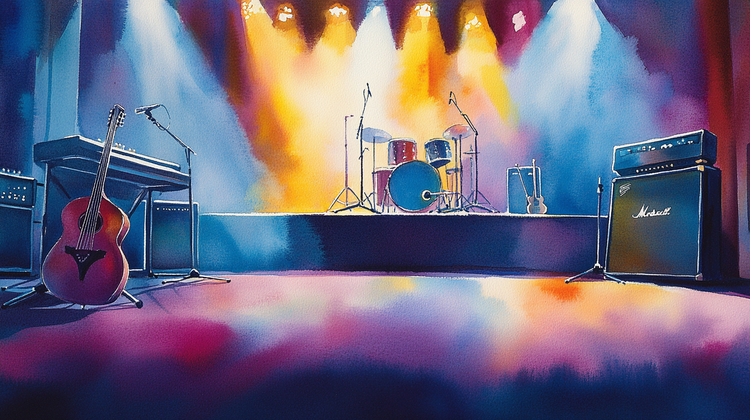Worship is spiritual warfare

We don’t often think of singing as fighting. But the Bible does. Again and again, worship is depicted not as background music but as a frontline weapon.
When Paul tells the church in Corinth that “we demolish arguments and every pretension that sets itself up against the knowledge of God” (2 Cor. 10:5), he’s not talking about debates on a stage. He’s talking about the battlefield of the mind. And worship is one of the sharpest swords we carry.
Here’s why:
1. Worship makes truth audible.
Every declaration we sing — “Great is Your faithfulness,” “Jesus is Lord,” “Our God reigns” — is more than melody. It is a stake in the ground. It claims contested territory. It announces to principalities, to powers, and to our own doubting hearts that Christ is King.
2. Worship rewires the inner life.
Songs lodge where sermons can’t. They work their way past the intellect and down into the nervous system. When we sing Scripture, we’re internalising God’s Word until it becomes the soundtrack of our thoughts. And that’s how strongholds are dismantled: lie by lie, replaced with living truth.
3. Worship disrupts darkness.
The walls of Jericho didn’t fall to siege towers — they fell to a trumpet blast. Paul and Silas weren’t released by lawyers — they were freed by midnight songs. Praise unsettles what chains and prisons think they can hold secure.
4. Worship strengthens resistance.
The enemy wants silence. Worship gives us defiance. To sing in the face of despair is to resist its grip. To lift a hymn through grief is to declare that suffering will not have the final word. Worship isn’t escape. It’s counterattack.
Worship is not ornamental. It’s operational. It trains our hearts, renews our minds, and reclaims our ground. Every time we lift our voices, we are not just singing about victory — we are singing into it.




